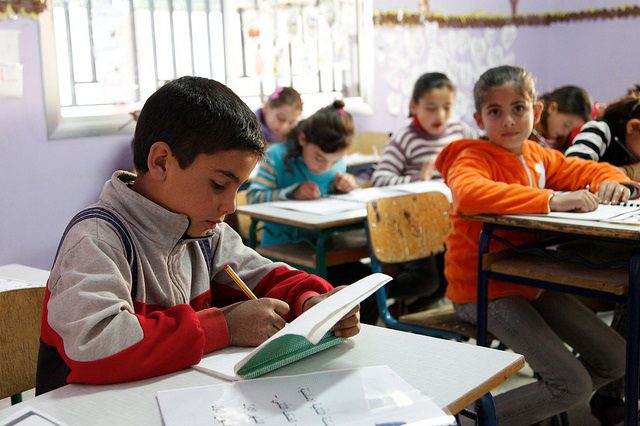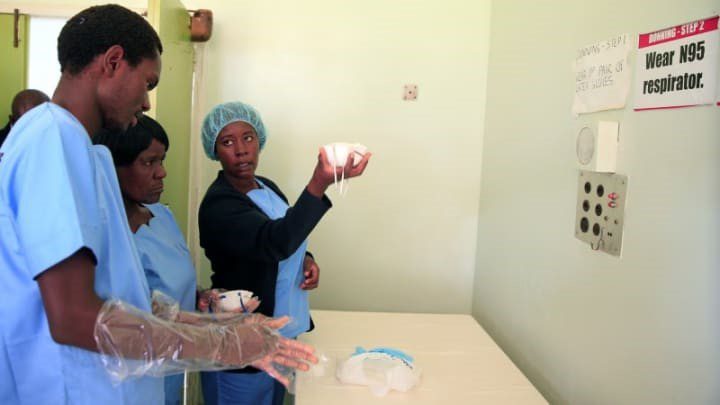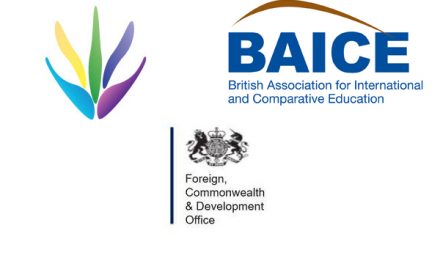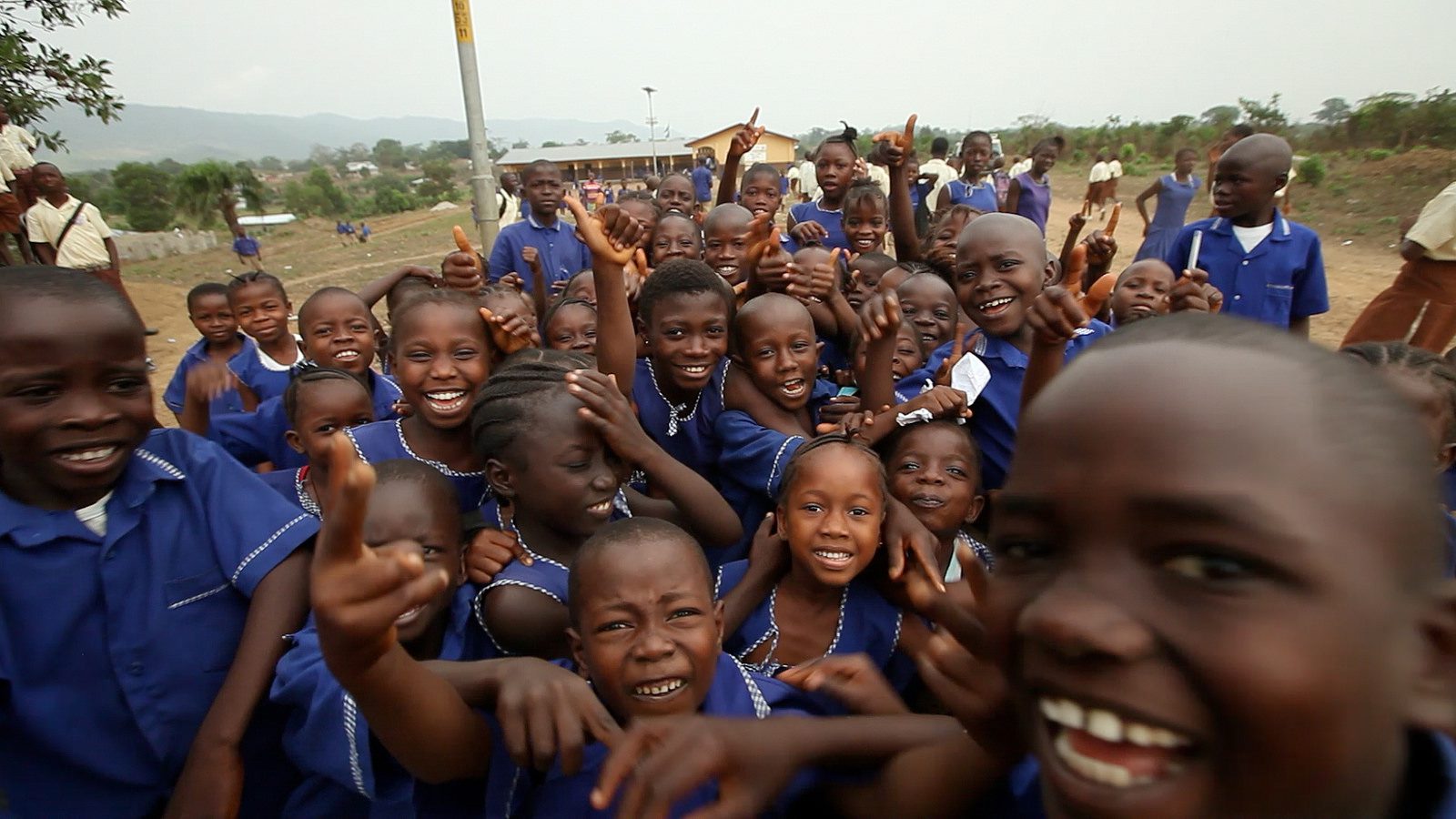In this video, Keith Lewin, Emeritus Professor of International Development and Education at the University of Sussex, and Chair of the UKFIET Board of Trustees, shares his reactions to the World Bank’s World Development Report (WDR) 2018 ‘Learning to Realize Education’s Promise’.
Keith starts by welcoming the WDR2018’s focus on education and learning. He makes reference to critiques about the report focusing more on assessing learning rather than educational aims and objectives, and on pedagogy and curricula issues. However, his main response is in relation to his surprise at the lack of focus on financing. If there is a learning crisis, in his view, it is a financing crisis rather than a new realisation that levels of learning are compromised by lack of resources. Better financing is something that development agencies, especially Banks, can address. The World Bank has a long standing promise that no country should fail to achieve international goals for education for lack of resources.
Keith details seven issues related to financing that the WDR2018 should have addressed, but did not.
He concludes positively that more countries are now collecting more tax and are able to support public educational spending from their own domestic revenue. Aid should diminish over the next decade as more countries become fiscal states, modernise their tax systems and reduce tax evasion, and disrupt illegal flows of money corruption and narcotics. Keith raises a challenge for those working in education and development: why do we estimate that the volume of aid needs to keep increasing year on year? Why is more aid needed? If we were successful, the opposite should be true.
Keith finishes by reading the final two paragraphs of his recent blog on this subject:
“Tax, not aid, is the dominant source of public finance in most countries and this will be even more so in 2030. If there is a new learning crisis it will be located and resolved within the political economies and national curricula of governments accountable to their taxpayers for investing fairly and effectively. The only sustainable solutions will be domestically driven. Achieving substantial increases in educational access and quality, leading to greater learning achievement that is sustainable requires serious fiscal reform, much more effective revenue collection, and awareness of the costs of learning. These should all be a major focus of discussions around “realising learning’s promise”, otherwise learning gains will not be sustained.
The World Bank is good at financing, but not necessarily at learning. It should be good at developing sustainable systems of finance for learning. The WDR needs to explain how this can happen, so that Phil Coombs’ academic descendants will not write another book on the Global Education Crisis in 2030.”
This video is a summary of an article which can be found on Keith’s website.
A summary blog was posted on the UKFIET website and also simultaneously on Education International’s Worlds of Education website.





